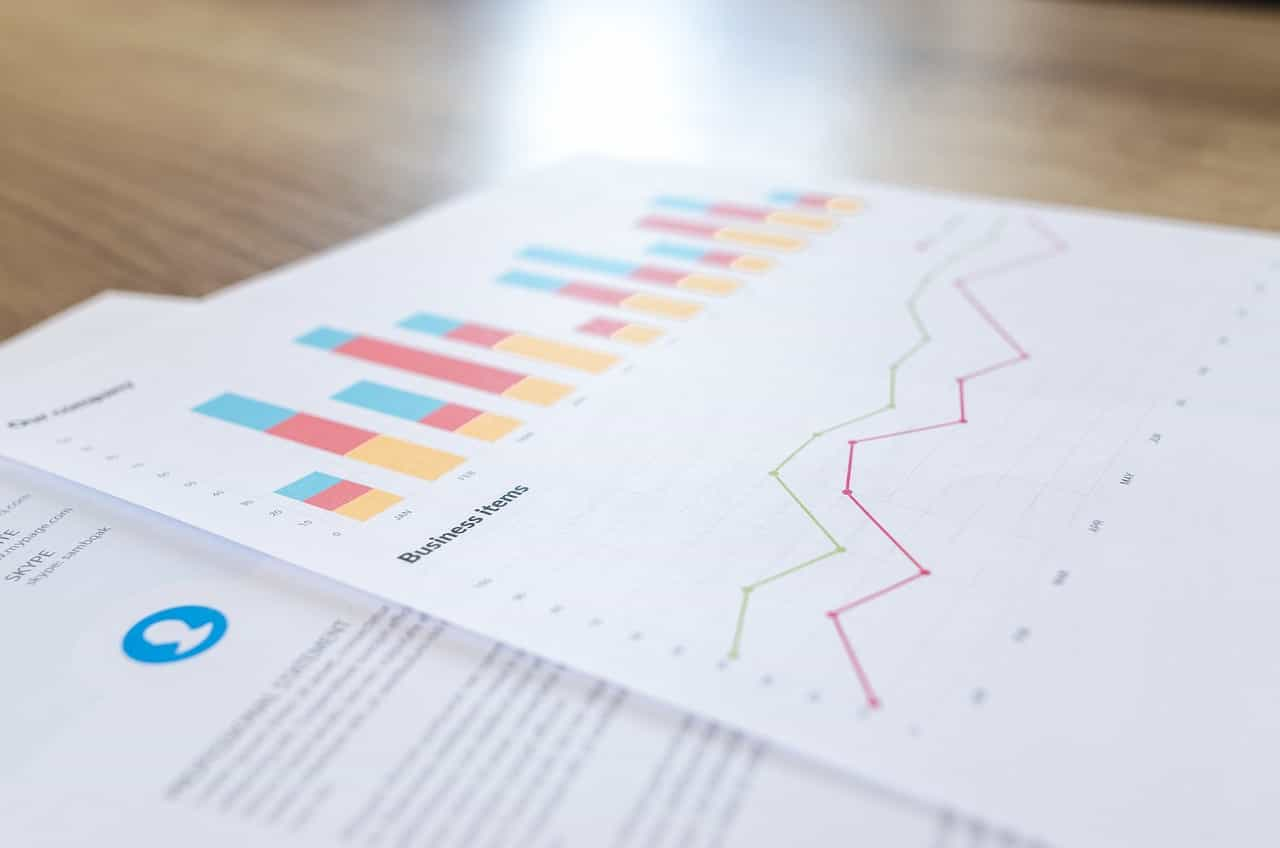H1 Revenue Spike in Lithuania Powered by The Online Gambling Segment
The Lithuanian Gambling Authority has recently published the revenue report for the second quarter and the first half of 2023. A significant 21.5 percent year-on-year (YoY) increase has driven the revenue to €108.5 million in the first six months of the current year. The online gambling segment made up 66.5 percent of the Gross Gaming Revenue (GGR) in H1, with the land-based segment also growing but at a comparatively slower rate. Lottery ticket distribution also increased by 4.4 percent, with a 3.1 percent decrease in winnings payout.

The H1 2023 gambling revenue has increased by 21.5 percent. ©6689062/Pixabay
The gambling market in Lithuania is flourishing this year, with 12 licensed operators active across different gambling segments. Gambling was legalized in Lithuania in 1992, but only the lottery segment was legal initially. It took about ten years for other segments to enter the market after the 2001 Gaming Law of the Republic of Lithuania legalized them, and the Lithuanian Gambling Authority was instated as the central gambling regulator of the country. The authority quickly tweaked its gambling laws to ensure the introduction of the online gambling segment in 2016. Since then, revenue from the gambling market has increased, and the iGaming segment in the country is one of the most competitive in Europe. Last year, new amendments to the Gambling Law of Lithuania and the Lottery & Gaming Tax Law were approved, after which a new type of gaming license was introduced for the organization of remote gambling services. Virtual slot machines have been the most popular choice for Lithuanian players in recent years, while online casinos are also performing well.
After a strong performance last year, the Lithuanian gambling market continued its steady growth in 2023. The annual gambling revenue of Lithuania broke past records and touched €195.8 million, which was a staggering 40 percent higher than the annual revenue of 2021. This year, a 26.1 percent spike in quarterly revenue at the start of the year got the country’s gambling market off to a great start as it reeled in €55.3 million from online and land-based gambling segments. In Q1 2022, the revenue was €43.9 million. The revenue was about 28 percent of the annual revenue of 2022, so if the market keeps this performance up, it will register record-high annual revenue for the second successive year. Revenue from online gambling was expectedly higher than the land-based segment, which had also marked a small increase but could not compete with iGaming. The popularity of virtual slots grew substantially as the biggest contribution to the online GGR came via Category A virtual slots. Online sports betting was the second biggest segment.
Recently, the Lithuanian Gambling Authority published the second quarter and half-yearly report. The combined revenue of the first and second quarters of 2023 is 21.5 percent higher than the H1 revenue of last year. Ten land-based and nine licensed online gambling operators were active in the strictly regulated Lithuanian market in the first six months of this year. Despite outnumbering the iGaming operators, revenue from the land-based segment remained lower than the online segment. The total H1 2023 revenue was €108.5 million, of which €72.2 million came from remote gambling, and the remaining €36.3 million came via land-based gambling. Compared to the corresponding period last year, growth in the iGaming segment was quite considerable, increasing by 31 percent. In H1 2022, only €17.3 million was reeled in via online gaming. Meanwhile, the land-based GGR increased by six percent, from €1.9 million in H1 2022 to €36.3 million in H1 2023. In the lottery segment, the distribution of lottery tickets increased by 4.4 percent, while the winnings payout decreased by 3.1 percent.
Detailed analysis of the H1 2023 report
In the online segment, the category A virtual slot machines remained the biggest and most popular choice for iGaming users in Lithuania. The segment collected 42 percent of the total H1 2023 revenue, which was about €45.5 million, marking a 37.5 percent YoY increase. Online sports betting was the second biggest segment in remote gambling as it collected €19 million, making up 18 percent of the total H1 2023 revenue. The segment also registered a 12.4 percent YoY increase. Remote table games comprised five percent of the total revenue after generating revenue worth €6 million, while category B virtual slot machines collected €1.7 million in H1 2023.
In the land-based gambling segment, the biggest revenue-generation sources were the category B slot machines. They comprised 14 percent of the total H1 2023 revenue after collecting about €15.4 million. Table games reeled in almost €9 million, while category A slot machines contributed €7.5 million to the total revenue. Four percent was generated via traditional betting. The segment collected €4.7 million to become the lowest-grossing land-based gambling segment in H1 this year in Lithuania. Meanwhile, in the lottery segment, tickets worth a little over €68 million were distributed, and the winnings payout was only €37.3 million.
During the first six months of the year, an amount of €33 million was collected as a lottery and gambling tax. Almost €11 million came from licensed lottery operators, while the remaining €22 million was paid by authorized gambling operators.
The Lithuanian Gambling Authority continues strict monitoring
Once the gambling regulator issues a gambling license to an operator, it can offer its services to players within the jurisdiction of Lithuania. However, retaining the license is also one of the primary objectives of any licensed operator, and for that, they must comply with all regulations specified in the Gambling Law of Lithuania. Failing to comply with these laws can force the regulator to penalize any operator who is violating the code. Lithuania is one of the few countries with a blanket ban on gambling advertisements. Hence, none of the licensed operators are allowed to advertise their services anywhere.
In July this year, online gambling operator Baltic Bet was penalized after it violated the anti-advertising rule in Lithuania and promoted the domain of its online casino brand, Optibet, between November last year and February this year. The Lithuanian Gambling Authority issued a fine worth €16,705 for this violation. Top Sport was slapped with many fines, and a few were for advertising illegally. Betsafe operator Lošimų Strateginė Grupė became the latest operator to land itself in trouble after it violated multiple sections of the law. However, since the violations were not major, the operator escaped a sanction but was warned sternly by the Lithuanian regulator.



